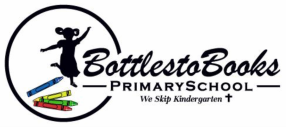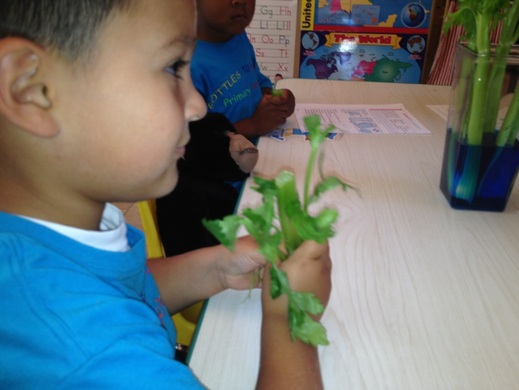References
Albert Bandura: Social-cognitive theory and vicarious learning. Retrieved from http://education-portal.com/academy/lesson/albert-bandura-
social-cognitive-theory- and-vicarious-learning.html#lesson
Berk, L. E. (2013).Child development. (9th ed.). Upper Saddle River, NJ: Pearson
Click, Phyllis and Parker, Jennifer, (2002). Caring for School-Age Children, Third Edition.
Chapman, C., & King, R. (n.d.). Differentiated strategies for assessment. Retrieved from https://differentiatedstrategies.wikispaces.com/Differentiated
Strategies for Assessment
Green, E. (n.d.). Erikson's stages of identity formation. Retrieved from http://education-portal.com/academy/lesson/eriksons-stages-of-identity-
formation.html#lesson Hurst, M. (n.d.).
Growth and Development, Ages 2 to 5 Years What to Expect - WebMD. www.m.webmd.com/children/lll/growth///
HealthyChildren.org
Hurst, M. (n.d.). Piaget's theory of cognitive development. Retrieved from http://education-portal.com/academy/lesson/piagets-theory-of-cognitive-
development.html#lesson KidHealth.org
McLeod, S. (2009). Jean Piaget. Retrieved from http://www.simplypsychology.org/piaget.htm
McLeod, S. (2007). Vygotsky. Retrieved from http://www.simplypsychology.org/vygotsky.html
Ten Characteristics of Early Childhood Development - Everyday Life...everydaylife.globalpost.com/ten-characteristics


